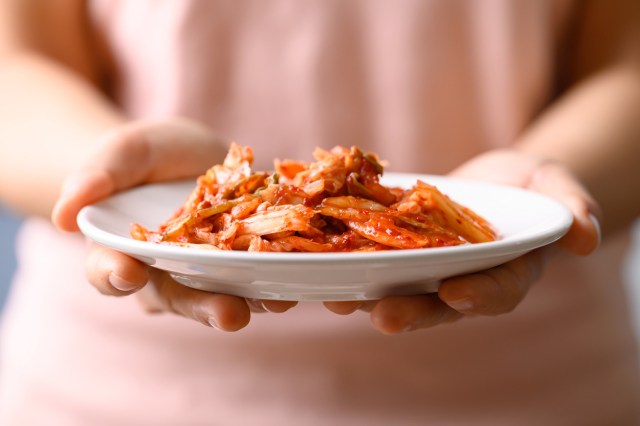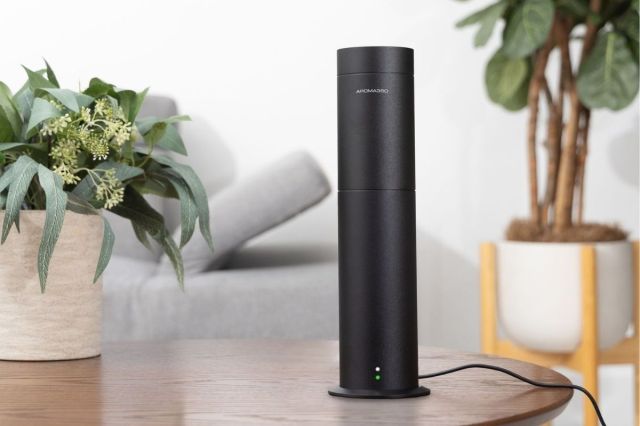All featured products and deals are selected independently and objectively by the author. Better Report may receive a share of sales via affiliate links in content.
For as long as humans have held up a mirror, they’ve been looking for ways to stay youthful longer. Cleopatra took milk baths, and Ponce de León pursued the Fountain of Youth in the New World. Today, many treatments out there claim to be secrets to vitality — but do they really work? One such nutrient that has gained attention for its potential anti-aging benefits is vitamin K. While widely recognized for its role in blood clotting and bone health, recent studies suggest that vitamin K may hold the key to maintaining a youthful appearance.

What Is Vitamin K?
Commonly known as the “clotting vitamin,” Vitamin K is a fat-soluble vitamin in two primary forms: K1 (phylloquinone) and K2 (menaquinone). Both forms play vital roles in various physiological processes, including bone metabolism and cardiovascular health. The body also needs plenty of vitamin K to help your blood clot properly.

How Vitamin K Enhances Youthfulness
Vitamin K’s interaction with collagen production and retention has become a key reason for its popularity in anti-aging treatments. Collagen is a protein crucial for skin elasticity, firmness, and maintaining youthful skin. Studies suggest that exposure to vitamin K over extended periods can lead to higher collagen production and lower degradation levels. This diminishes the appearance of wrinkles and fine lines, addressing the age-related degradation of collagen that often prematurely ages individuals.
Beyond its role in collagen production, vitamin K improves blood circulation, which helps minimize dark circles under the eyes. Enhancing blood flow reduces blood pooling in softer tissue areas, such as around the eyes, diminishing wrinkles and bags where the skin is at its softest and thinnest.
Another noteworthy benefit of vitamin K is its anti-inflammatory properties. Both short-term and chronic inflammation can contribute to the aging effect on the skin. Vitamin K works to soothe inflamed areas, providing a boost to the skin and a relief for those dealing with conditions like eczema, acne, and allergic reactions.

How to Up Your Vitamin K Levels
Most produce have high levels of nutrients that support vitamin K intake. Broccoli and leafy greens like kale and spinach are excellent sources of vitamin K1. Incorporating these greens into your daily meals enhances the overall nutritional value and contributes to maintaining optimal vitamin K levels. Additionally, fermented foods like kimchi and certain cheeses like Muenster and gouda contain vitamin K2, providing alternative dietary avenues to ensure a well-rounded intake.
For those who aren’t able to change their diet, vitamin K supplements, serums, and lotions are available at most pharmacies and online. As always, check with your doctor before taking any supplements.
Featured Image Credit: mapodile/ iStock
More From Our Network
Better Report is part of Inbox Studio, which publishes content that uplifts, informs, and inspires.














